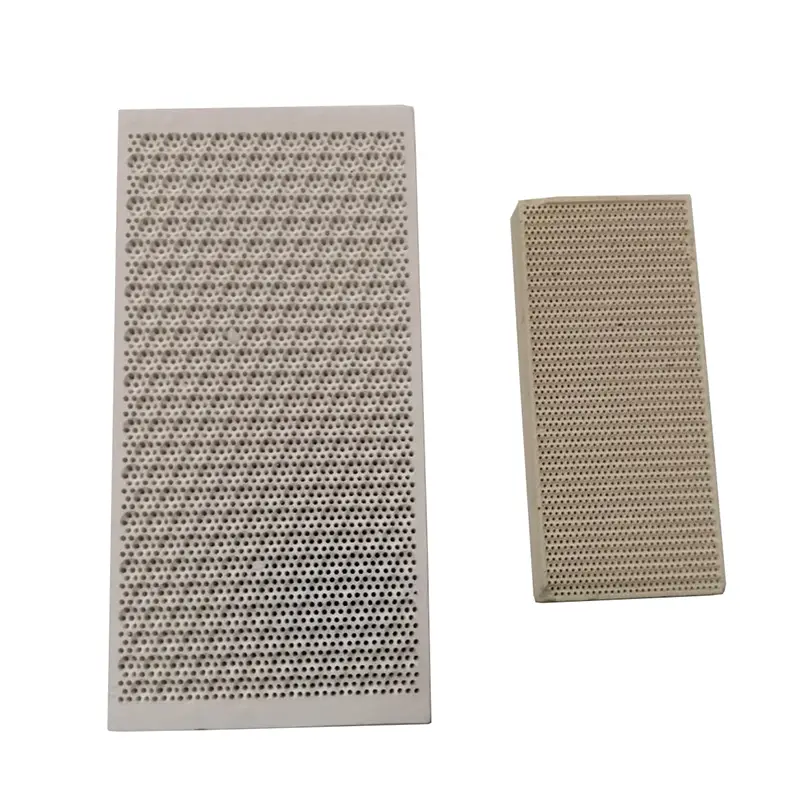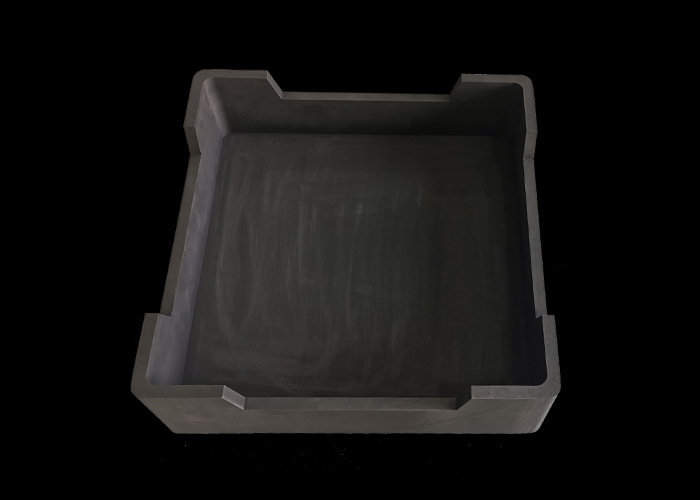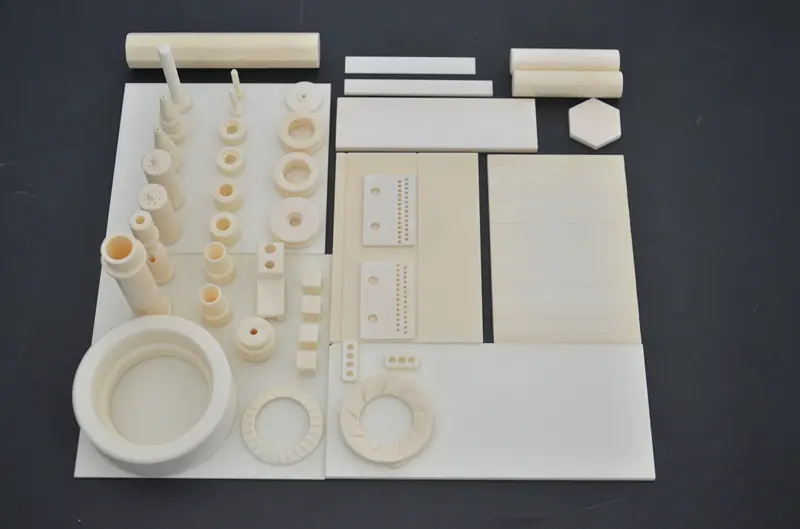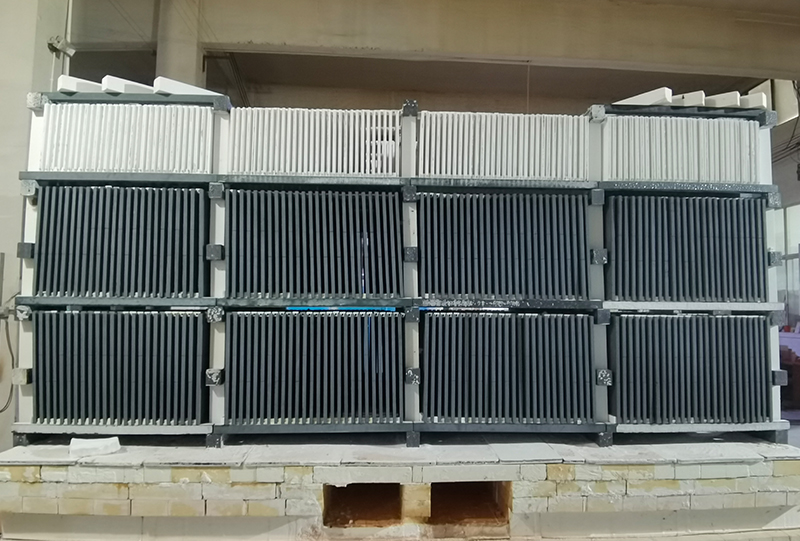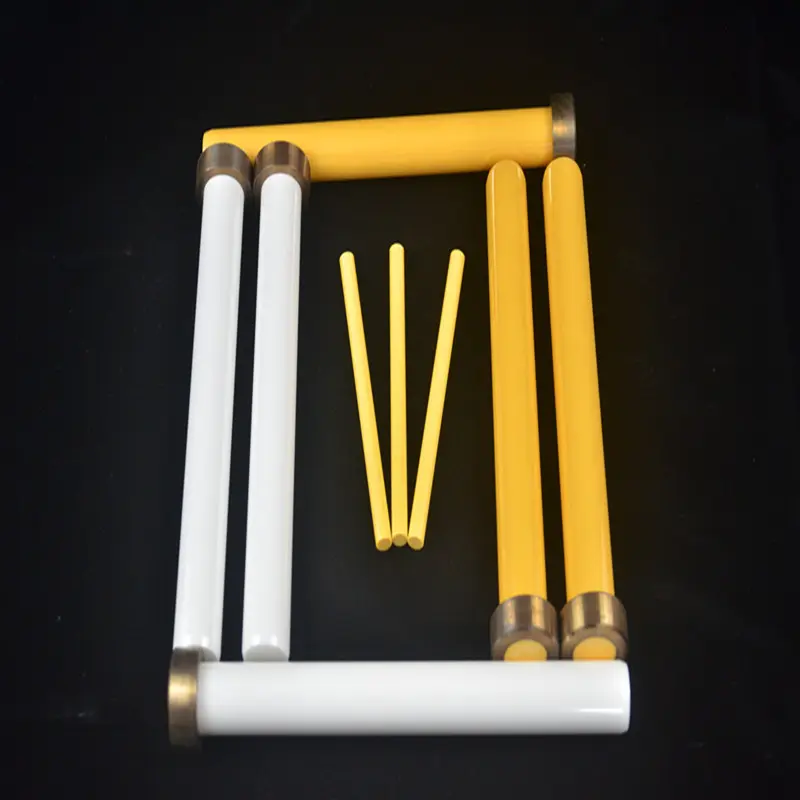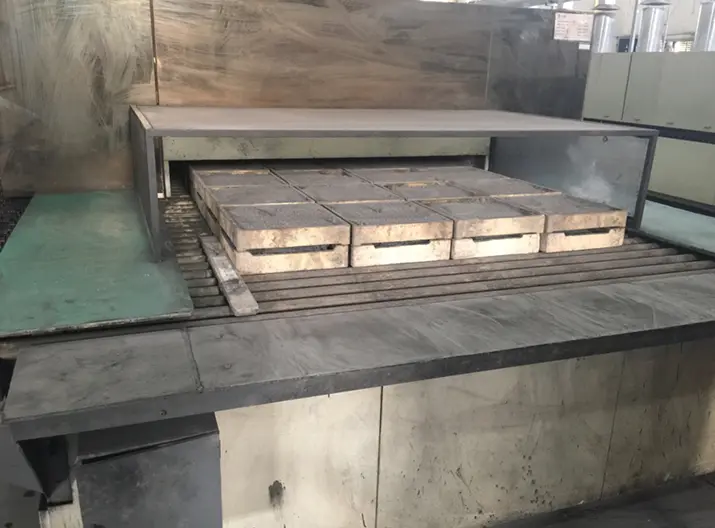Silicon Carbide Products: Pioneering Applications in Modern Industrial Production
One of the most significant applications of silicon carbide products is in the semiconductor industry. SiC is renowned for its wide bandgap, which allows devices to operate at higher voltages, temperatures, and frequencies compared to traditional silicon-based semiconductors. This characteristic makes silicon carbide an ideal choice for power electronics, such as inverters and converters used in renewable energy systems, electric vehicles, and industrial motor drives. The ability to handle high power levels with reduced energy losses translates to improved efficiency and performance, making SiC devices a preferred option in modern energy systems.
In the automotive sector, silicon carbide products are revolutionizing electric vehicle (EV) technology. The integration of SiC power devices in EVs enhances their range and performance by enabling faster charging times and reducing the overall weight of the vehicle. As the automotive industry shifts towards electrification, the demand for silicon carbide components is expected to surge, driving innovation and investment in SiC manufacturing processes.
Moreover, silicon carbide’s thermal conductivity and mechanical strength make it an excellent material for high-temperature applications. In the aerospace industry, SiC products are utilized in components that must withstand extreme conditions, such as turbine blades and heat shields. The ability of silicon carbide to maintain structural integrity at elevated temperatures ensures the reliability and safety of aerospace systems, which is critical in an industry where performance is paramount.
In addition to its applications in electronics and aerospace, silicon carbide is also making strides in the field of ceramics and abrasives. SiC ceramics are used in various applications, including cutting tools, wear-resistant coatings, and armor materials. The hardness and durability of silicon carbide make it an ideal choice for manufacturing products that require high wear resistance, thus extending the lifespan of tools and components in industrial settings.
The energy sector is another area where silicon carbide products are gaining traction. SiC-based devices are increasingly being used in solar inverters and wind turbine converters, where efficiency and reliability are crucial. The ability of silicon carbide to operate at high temperatures and voltages allows for more compact and efficient energy conversion systems, which is essential for maximizing the output of renewable energy sources.
As industries continue to evolve, the demand for advanced materials like silicon carbide is expected to grow. Research and development efforts are focused on improving the manufacturing processes of SiC products, making them more cost-effective and accessible for a wider range of applications. Innovations in crystal growth techniques and substrate production are paving the way for the next generation of silicon carbide devices, which will further enhance their performance and applicability in various industrial sectors.
In conclusion, silicon carbide products are at the forefront of modern industrial production, offering unparalleled advantages in efficiency, durability, and performance. From power electronics in electric vehicles to high-temperature applications in aerospace, the versatility of silicon carbide is driving innovation across multiple industries. As technology continues to advance, the role of silicon carbide in shaping the future of industrial production is set to expand, making it a material of choice for engineers and manufacturers alike.


